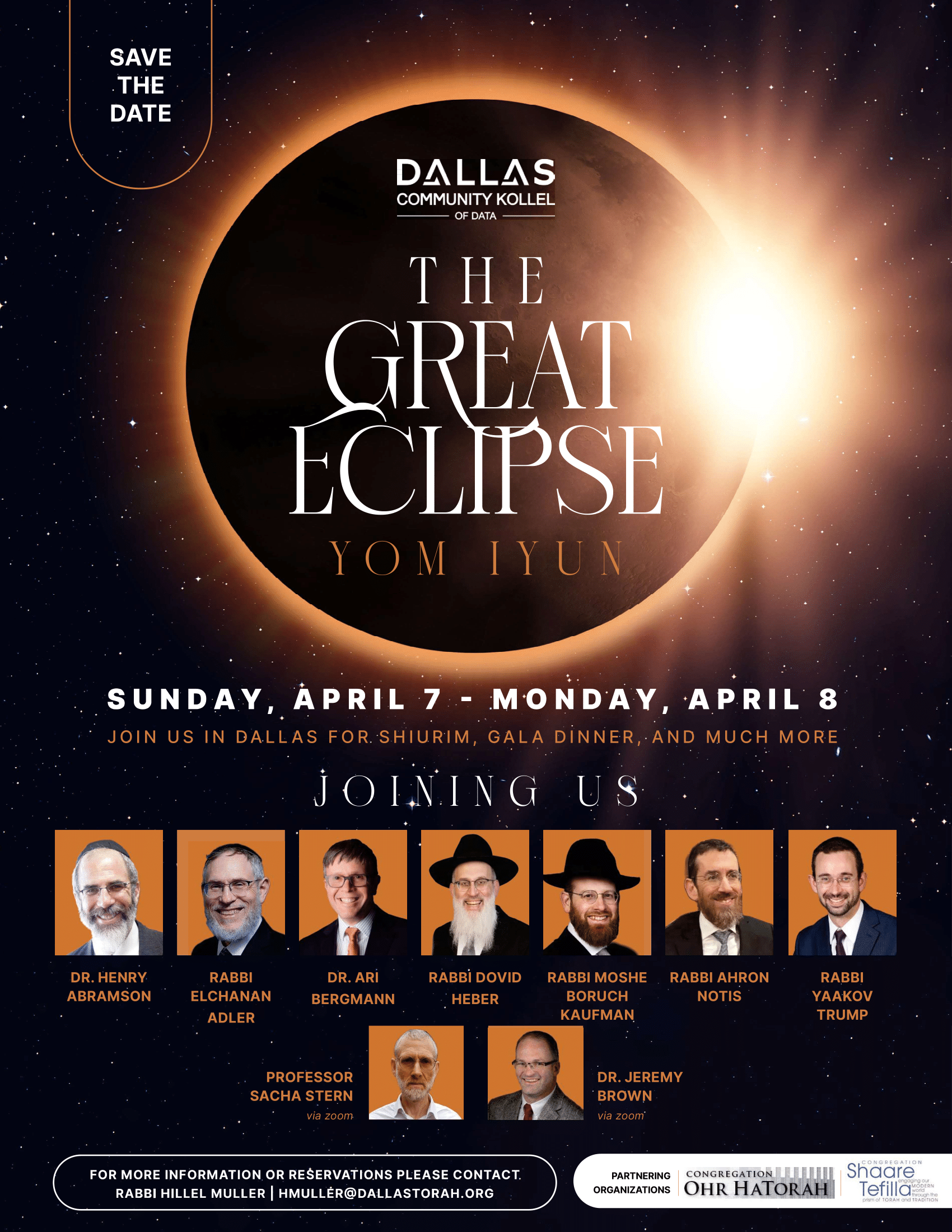The Torah and rabbinic writings are replete with the mitzvah of burial. An entire chapter of the Torah, which is usually quite cryptic, is devoted to Abraham acquiring a proper burial site for his deceased wife Sarah, (Gen. ch. 23). Even in the rare case of an evil criminal who is put to death, the Torah says, “you shall surely bury him”, (Deut. 21:23).
Burial is considered such an important mitzvah that it supersedes almost any other mitzvah when there is nobody but that person to perform the burial, (as outlined in numerous passages of the Talmud). Even the High Priest, (Kohen Gadol), who, during Temple times, was commanded to remain pure and never be in contact with a dead person, if a corpse was presented who had nobody else to bury, the High Priest is commanded to do so! (See Talmud Sandhedrin 46b, Maimonides, Sefer Hamitzvos #231, 536, Laws of mourning ch. 12, Shulchan Aruch Yoreh Deah ch. 362).
The soul remains very connected to the body, in which it has resided for many years, for the first period after death, very closely so for the first 30 days, and subsequently less over the year and further on, but a degree of connection remains forever. The soul knows very well what is happening with the body, and is comforted by its return to the earth, its source. (see Gesher Hachaim 1:117 based upon the Zohar 1:122b who outlines 7 stages of the soul’s departure from the body).
To cremate the body is to cause excruciating and unnecessary suffering to the soul. The body was the partner to the soul in all the good it performed in this world, and to see it destroyed in that way is painful beyond description.
Furthermore, it is a core Jewish belief that the day will come when the body and soul are reunited. That period is call Techias Hameisim, or the revival of the dead. During the period of decomposition after burial the body is purified from any spiritual impurities it acquired during its lifetime, preparing it to be a fitful vessel to contain its soul in a way that the soul will be able to shine its fullest level of illumination. Meanwhile, the soul is being strengthened and brought back to itself in a place called the Garden of Eden, after it has been forced into such a physical situation. Once both are ready, they are reunited in that future time with ultimate joy and ecstasy, together forming a unified bond of connection to G-d and constantly increasing joy and reward for all the good the two, together, performed during this lifetime.
To destroy the body is to refute the belief, this crucial foundation of Judaism, of the eternal bond of body and soul. The Talmud teaches that only one who believes in this final reward will receive it and benefit from it. I would suggest you do everything you can to bring your mother into the traditional mitzvah of burial and ensure her eternal future.
Sincerely,
Rabbi Yerachmiel Fried


